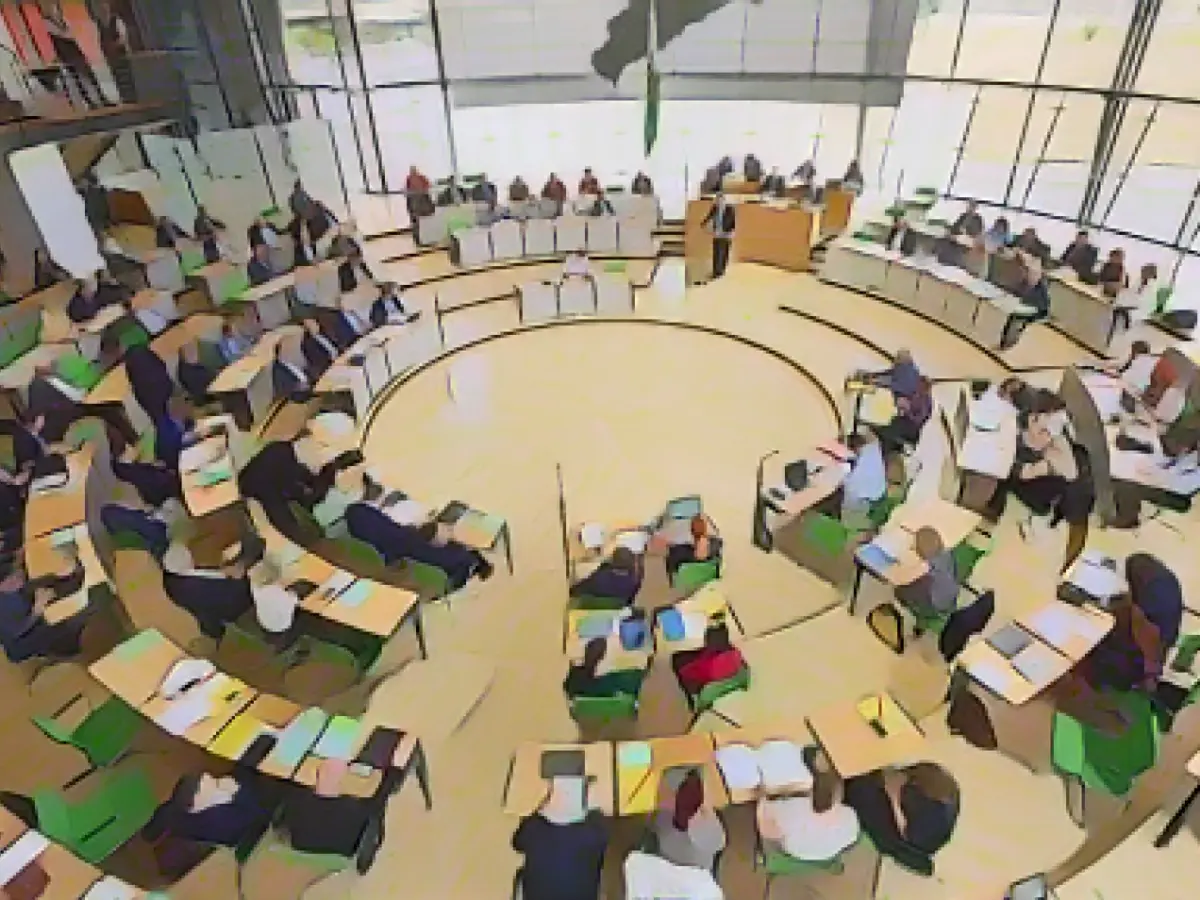Social affairs - Saxony provides 5.2 million euros for short-term care
Saxony is making 5.2 million euros available for short-term care in the coming year, initially creating 130 additional places. "We are providing an important impetus to strengthen home care and noticeably relieve the burden on family carers," said Social Affairs Minister Petra Köpping (SPD) on Tuesday after the cabinet meeting in Dresden. Especially after a stay in hospital, during vacation periods or in crisis situations, short-term care becomes a secure anchor that enables good care for those in need, even during transitional periods.
According to Köpping, the vast majority of people in need of care are looked after at home. There are currently around 310,000 people in Saxony who are dependent on care. 47,286 of them are cared for in institutions, all others are cared for at home. Many relatives are heavily burdened and overloaded, said the Minister. Following the 130 places in the new year, 70 more are to be created in the following year.
The ministry has a total volume of 20 million euros in mind for this in the coming years. The new places are to be created in all districts and independent cities. There are currently 1141 short-term care places in Saxony
Read also:
- A clan member is punished here
- Traffic lawyer warns: Don't talk to the police!
- Will he be convicted as Jutta's murderer after 37 years?
- He also wanted to kill his cousin
- Petra Köpping, a SPD member and Saxony's Social Affairs Minister, expressed her support for the 5.2 million euro fund, stating that it would help relieve family carers and strengthen home care services.
- The SPD-led cabinet in Dresden, including Petra Köpping, agreed to create 130 additional short-term care places in Saxony this year, aiming to support individuals who require care during transitional periods.
- In her mission to improve social services in Saxony, Petra Köpping announced plans to create an additional 70 short-term care places in the following year, seeking to enhance support for families and individuals who rely on these services.
Source: www.stern.de








